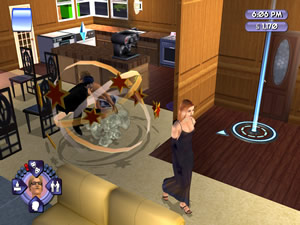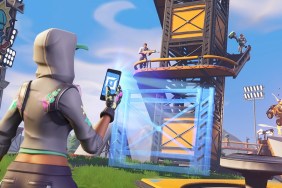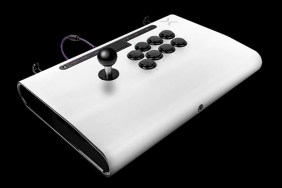Won’t you be my neighbor?
The Sims, those pesky little player-created nuisances, are back for their second
outing on the consoles in The Sims: Bustin’ Out. This time they
invade all three systems with their microcosmic universe of consumer wants, emotional
needs, and biological demands.
Not much has changed in the realm of meter management and shmoozing since
the last incursion.…
-
Goals for Sims
-
Unlockable locations
-
Slower meters
-
Longer load times
-
Weak two-player
-
Funky Build controls











